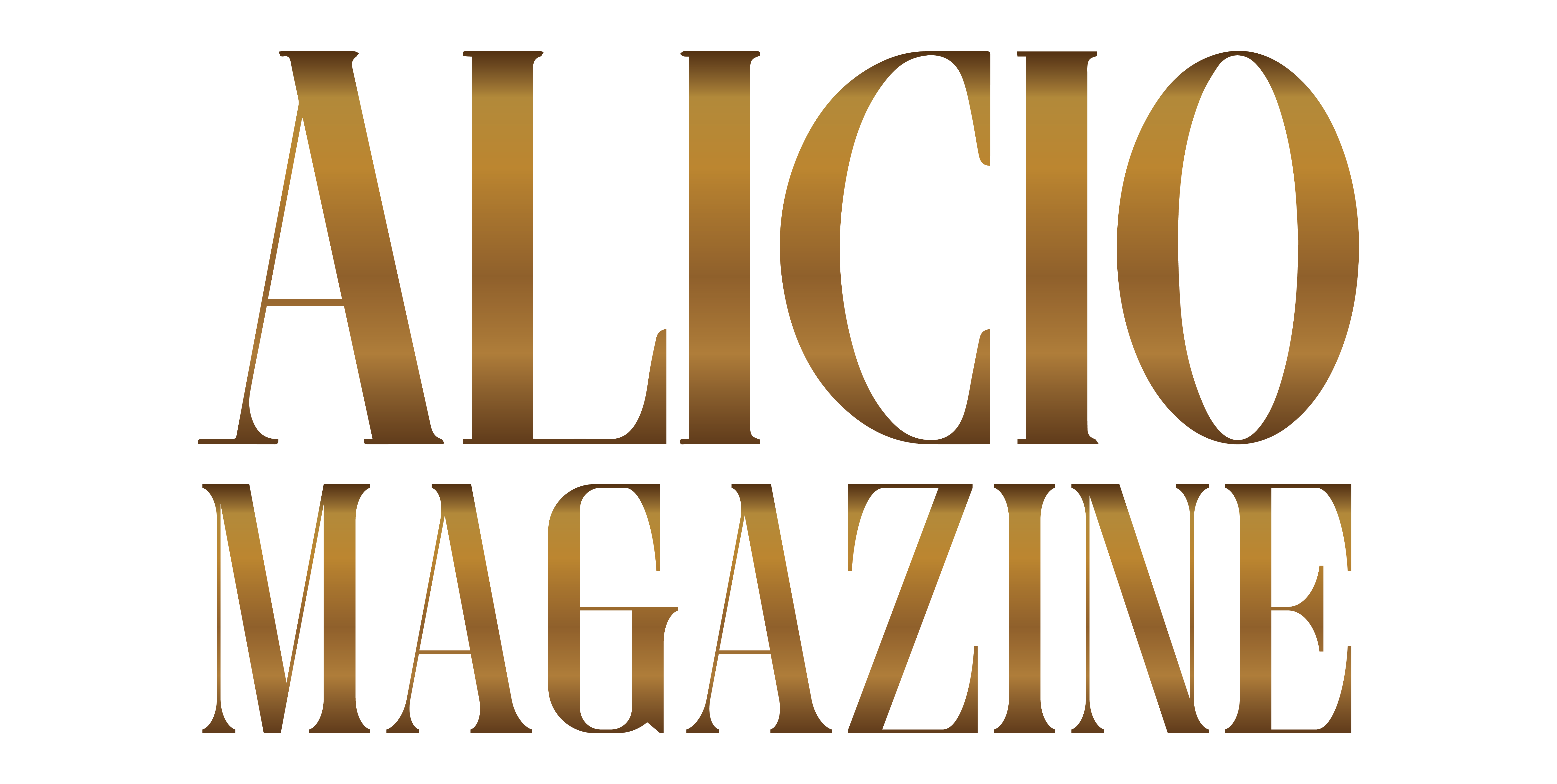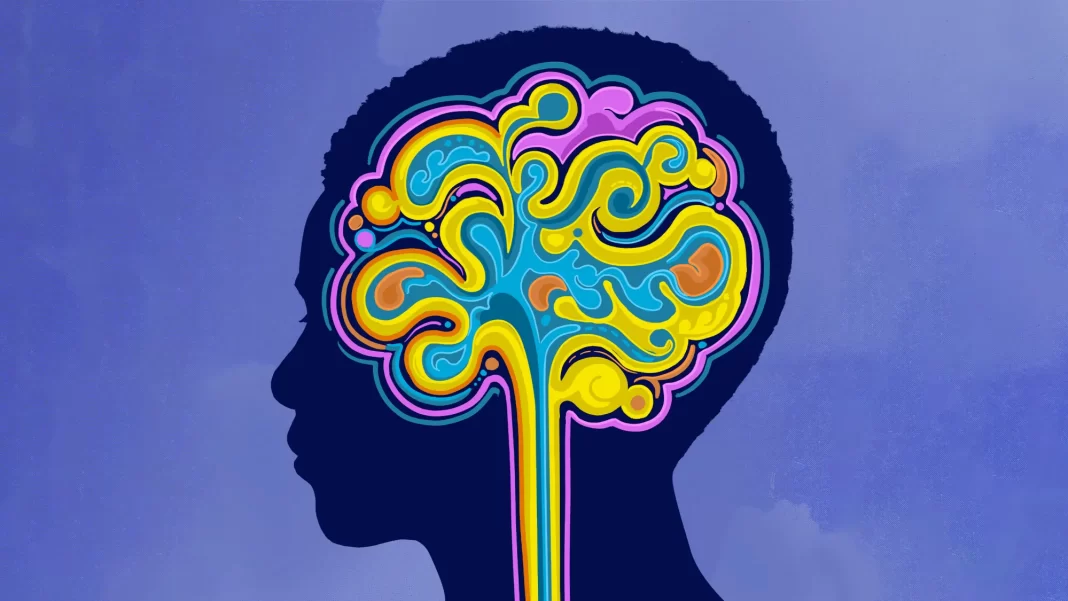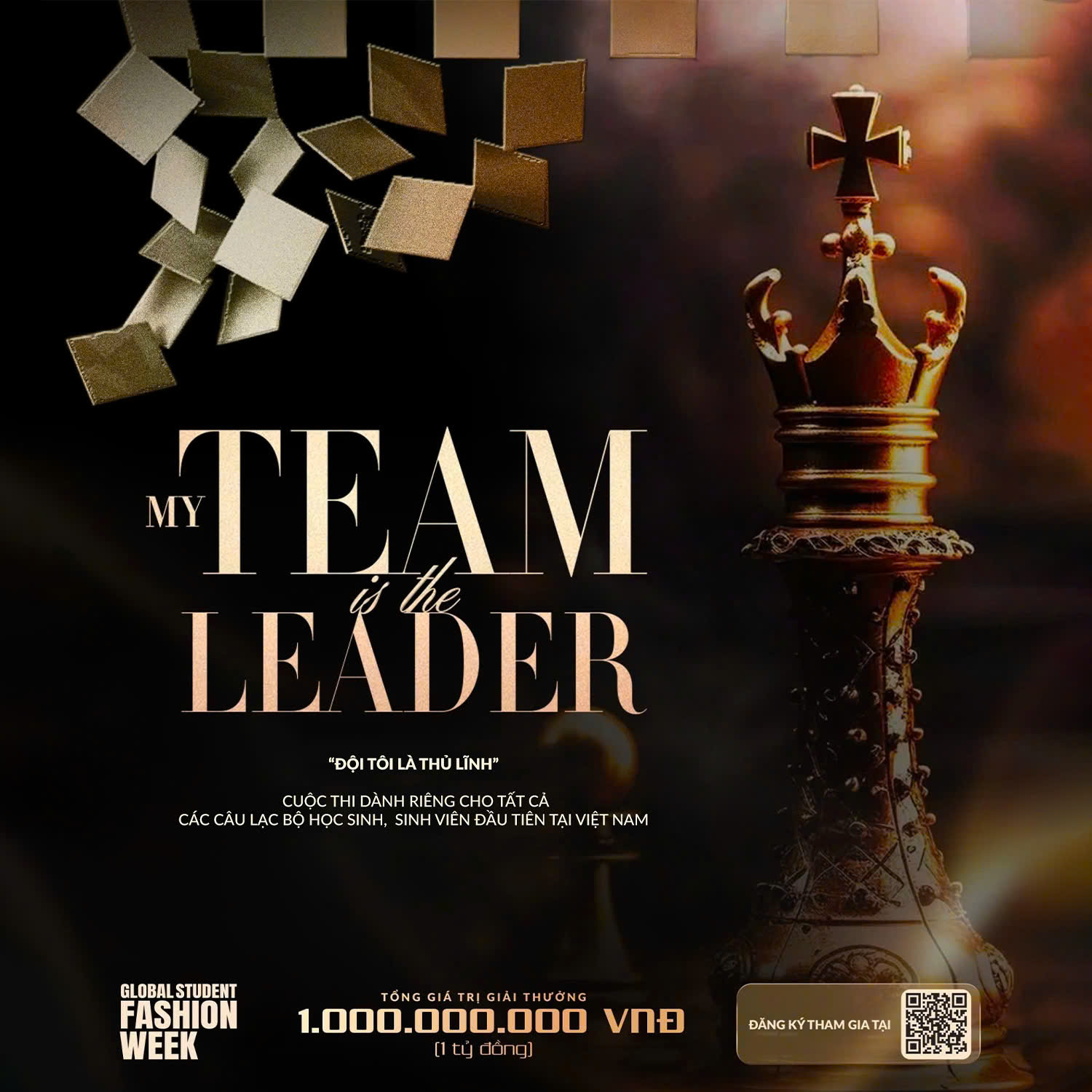By shifting their focus to the process of learning instead of the product, students are encouraged to develop critical cognitive competencies.
In traditional education, assessment often focuses on final products—essays graded, projects scored. But what happens when learning transcends measurable outcomes? At the American School in Japan, we confronted this question head-on by designing a Deep Learning Seminar course that fundamentally reimagines assessment, shifting from product evaluation to process-centered learning.
When you make the decision to structure a course around the development of cognitive competencies and not traditional academic products, you end up having conversations with students like this:
Student: “So you’re not going to grade our projects or essays?”
Me: “No, I’m not.”
Student: “What are we graded on then?”
Me: “You’re assessed on metacognitive reflection.”
Student: “So you don’t grade our essay?”
Me: “No. I don’t grade your essay.”
This exchange with a student was typical of conversations I had with other students, parents, and even colleagues at the start of our new Deep Learning course. That focus on the product was what we wanted to change.
How the course works
While it is certainly common for teachers to not assign marks to some assessments (formative assessment is nothing new!), what my Deep Learning Seminar colleagues and I made the decision to do was, to the best of my knowledge, unique.
We designed our course to require and encourage the type of competency-focused mind work that is far too often nudged to the margins in school. We structured it around seven essential questions ranging from “How does knowledge of self impact our views of local and global issues?” to “How do we assess the validity of divergent truths, values, and beliefs?” Within each of these “problems,” students explore claims and ideas relating to these essential questions through different levels of inquiry: controlled, guided, and free.
Our students are required to articulate their learning through both Harkness-style discussions and the creation of multimodal artifacts that articulate their views. But what is most unique about our approach is that we assess the process of product creation, not the product. In doing so, we, and the students, became freed to actively pursue metacognitive reflection and to empower students to take risks, fail, and try again.
We believed this shift was necessary because of the growing body of literature supporting the link between mindset-based competencies and success in life, both material and psychological. Additionally, given the quickly evolving economic landscape, what will separate humans from artificial intelligence in the future of work will be our humanness. We wanted to design a course in which we truly centered the human experience and made cognitive competencies the focus of learning outcomes.
Moving from product to process
In a course where learning outcomes reside internal to the student, we had to consider how to assess this mind work. Assessment is still crucial in such a context for the same reason it has always been—feedback leads to growth.
For example, in our first unit, the essential question guiding our inquiry is “What factors determine my identity?” Students are asked to create a product that reflects their exploration of this question. The form of these products is only limited by the students’ imaginations. Students build these products with a specific audience in mind and have to construct their communication choices (form, style, etc.) to connect with their intended audience. However, these products are not assessed. What is assessed is the students’ metacognitive reflection around our three standards at the completion of their project: communication, process, and significance.
These are some examples of the types of questions students are required to reflect on for each standard:
Communication: Given your purpose and your audience, what modes of communication worked well in this context? What didn’t work well? How do you know?
Process: Using examples, explain what learning resources contributed to your process the most and why? How and why did you select the sources, and explain how your thinking was challenged, validated, or augmented (can be good or bad).
Significance: How does your artifact represent the connections between your learning in class and the inquiry question, and why does this knowledge matter in other contexts?
In response to the above question around communication, a student wrote the following:
For instance, constructing the narrative required blending personal insights with philosophical arguments, pushing me to delve deeply into relevant materials and consider audience perception. This active participation created learning opportunities, such as improved storytelling skills and a deeper grasp of the impact of visual communication.
And this excerpt from a response to a process question such as that outlined above shows the type of thinking that we are trying to encourage: “Technical difficulties in embedding animations were resolved through trial, error, and consultations with my friends. These obstacles were instrumental in enhancing both my problem-solving and teamwork abilities, as I learned to seek and apply constructive input.”
Another student wrote this:
I also chose to explore the Privilege Wheel as a resource because I felt as though it was very relevant to identity as it mentions 12 factors of one’s identity. I wanted to apply the potential information learned from this resource to generate talking points for the podcast, as well as get a more profound understanding of my own identity and the privilege that I hold.
The latter excerpt came from a response in which the student discussed their process relative to their product (a podcast with friends discussing identity formation) and evaluated the extent to which the resources they explored contributed to the creation of an effective product. Teaching students to engage in the type of metacognitive work that enables them to evaluate their workflow and research choices is the type of transdisciplinary skill that our students need the space to refine.
Why this shift matters
Teachers may be reading this and saying to themselves that they have been a part of schools that have assessed cognitive competencies and even process. This is likely done through reporting out on “approaches to learning” or some other linguistic equivalent.
The inherent problem with such a system is that students are smart. They know that what “really matters” is what determines their grade. This also, not coincidentally, is what teachers spend the most time on in class because again, it determines their students’ grades.
Making the change to strictly assessing metacognitive work simply makes the main thing the main thing. No double-talk. Our students get the message that metacognition matters, and they get a course dedicated to mind work and feedback around metacognitive skills. As a result of this shift in assessment, the work, focus, and conversations that students have in class have changed drastically—because they had to.
If schools truly do care about cognitive competencies and frameworks that are refined and developed through metacognitive work, they need to have the bravery to make the main thing the main thing—and mean it. Splitting the difference is not enough. Our students and teachers need clarity of outcome, and therefore clarity of purpose, so that they can allocate the time and energy necessary to develop these crucial competencies that will determine their ability to thrive in a rapidly evolving global landscape.
Nguồn: [Edutopia][https://www.edutopia.org/article/assessing-cognitive-competencies-high-school]



